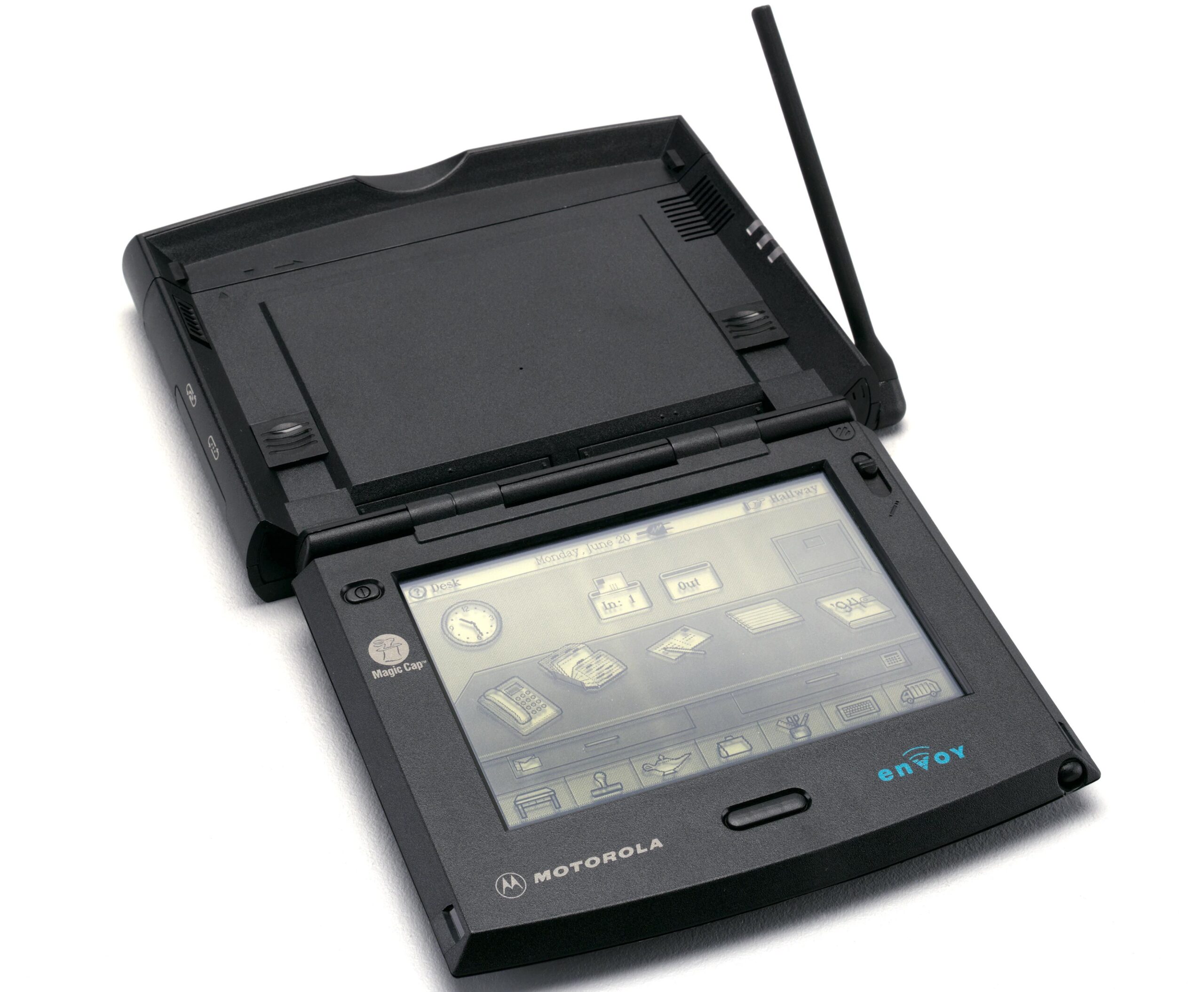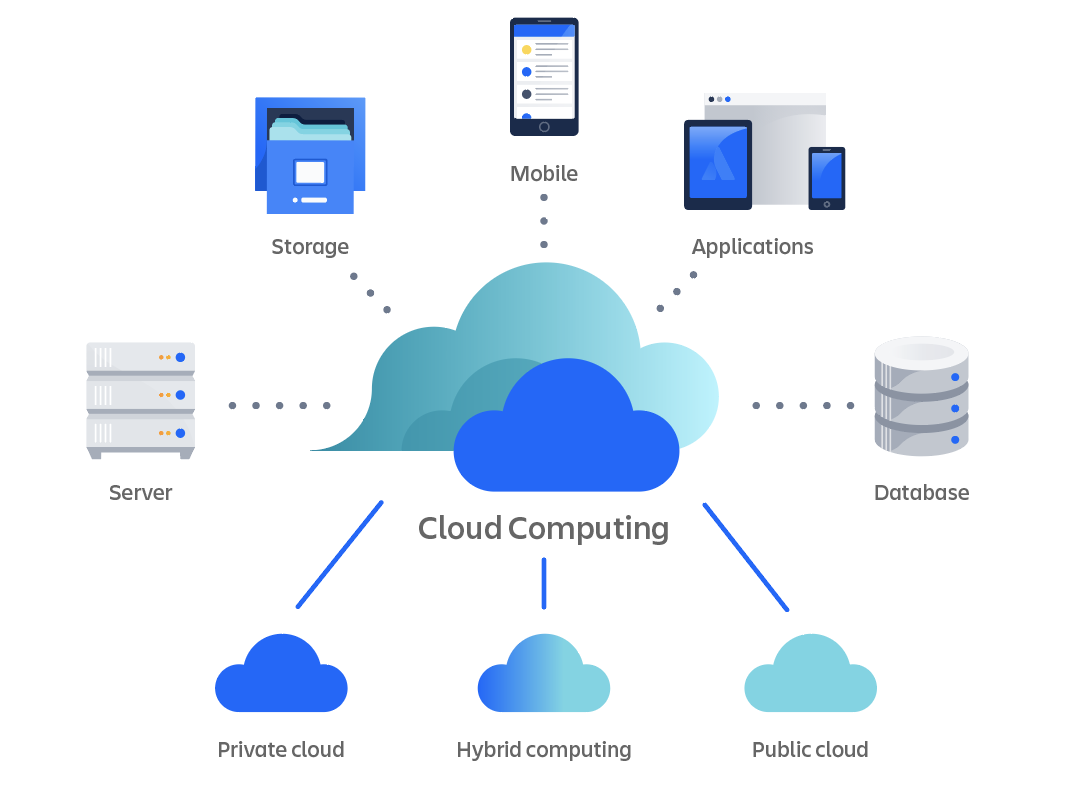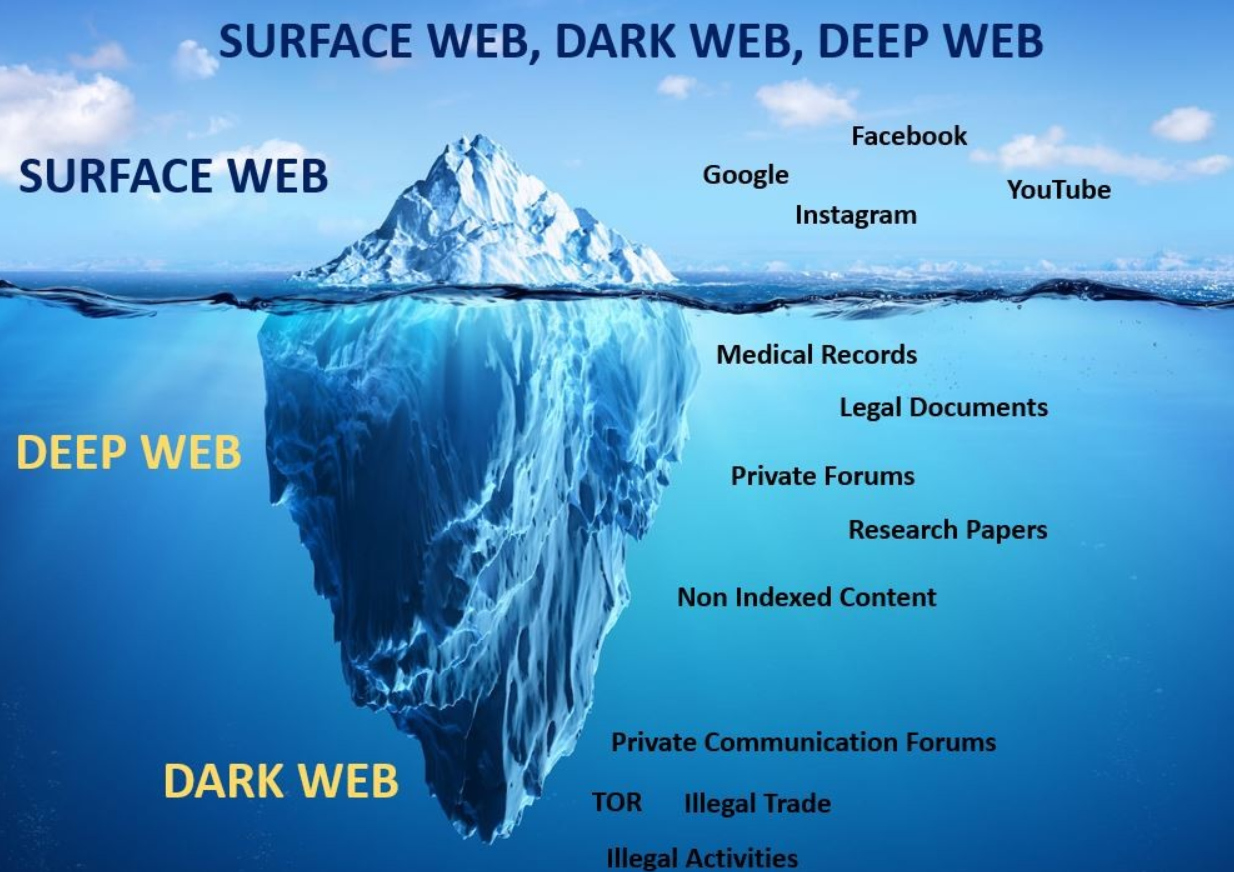
General Magic: The Lost Company That Invented the Smartphone in 1994
A Visionary Device Too Far Ahead of Its Time
In 1994, a small but brilliant tech startup called General Magic created a revolutionary mobile communication device—one that had apps, email, a touchscreen, and even an app store-like system. Decades before the iPhone, this device was essentially the first modern smartphone.
Despite its failure in the market, General Magic’s innovations laid the foundation for today’s mobile technology, influencing everything from smartphones to cloud computing and mobile apps.
What Was General Magic?
Founded in 1989 by ex-Apple engineers, General Magic was a secretive startup that aimed to create the “future of personal communication.” It was led by Marc Porat, Andy Hertzfeld, and Bill Atkinson—the minds behind the original Macintosh.
Their idea was simple yet ambitious: a pocket-sized device that could send messages, access the internet, run apps, and function as a digital assistant.
This vision was incredibly advanced for the early 1990s, when most people were still using landline phones and bulky desktop computers.
Key Features of General Magic’s Device
- Touchscreen Interface – Unlike most devices of the time, it had a pen-based touchscreen for navigation, much like early PDAs and modern smartphones.
- Apps & App Store – It featured a system for third-party apps, a concept that Apple and Google would later use for their App Stores.
- Email & Messaging – The device supported email and instant messaging, which were almost unheard of on mobile devices in 1994.
- Handwriting Recognition – It allowed users to write with a stylus, similar to later devices like the Palm Pilot and Apple Newton.
- Digital Assistant Features – Though limited, it had early versions of what we now recognize as virtual assistants, helping users manage tasks and schedules.
Why Did It Fail?
Despite being technologically groundbreaking, General Magic’s device never succeeded commercially. Here’s why:
- Too Expensive – The hardware was costly, making it inaccessible to most consumers.
- The Internet Wasn’t Ready – In 1994, internet access was slow, limited, and expensive. Many of the device’s features depended on a network infrastructure that didn’t exist yet.
- Market Confusion – People didn’t understand why they needed a portable digital assistant when they already had landline phones and paper planners.
- Better Competitors Emerged – Devices like the Palm Pilot (1996) were simpler, cheaper, and more practical, leading to General Magic’s downfall by 2002.
The Legacy of General Magic
While General Magic failed as a company, its ideas lived on. Many of its former employees went on to create some of the most important technologies of the modern era:
- Tony Fadell – Helped create the iPod and iPhone at Apple.
- Andy Rubin – Co-created Android, which now powers billions of smartphones.
- Pierre Omidyar – Founded eBay, revolutionizing e-commerce.
Their ideas directly influenced the development of the iPhone, Android, and modern mobile technology.
General Magic: A Company Ahead of Its Time
General Magic wasn’t just a failed startup—it was a company from the future that arrived too early. Its vision of a pocketable, always-connected device with apps and messaging came true years later with the launch of the iPhone in 2007.
Even though most people have never heard of General Magic, its influence can be seen in every smartphone we use today.
Further Reading:
- Wired: The Untold Story of General Magic
- The Verge: How General Magic Created the Modern Smartphone
- General Magic Documentary (2018) – A Must-Watch
What do you think? Was General Magic simply too early, or could it have succeeded with better timing?



Leave a Reply